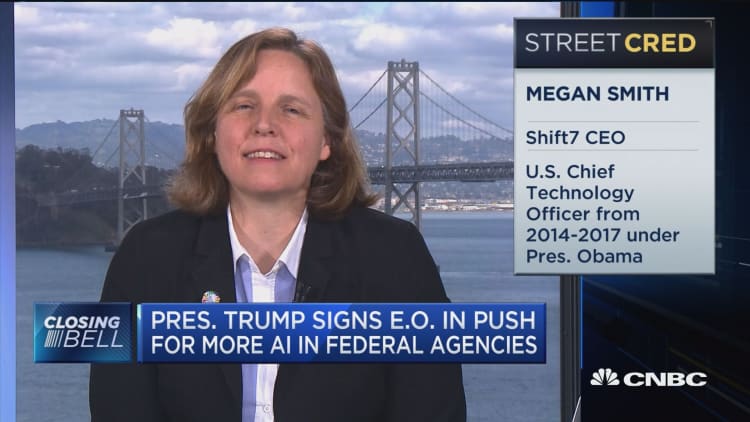The president of Silicon Valley's most prominent start-up incubator says that artificial intelligence will probably replace most of the jobs people do today, but should pave the way for more personalized jobs and a massive increase in "material abundance" that could boost the size of the global GDP by 50 percent a year within decades.
Sam Altman is the leader of Y Combinator, and has also been engaged with projects to predict and shape the long-term future of technology.
Speaking at the New York Times' New Work Summit on Monday night, Altman's optimism about the future of AI was striking after a couple years in which Silicon Valley's best known companies have been blamed for everything from violating user privacy and supporting oppressive regimes to a profound lack of diversity.
But optimism has always been a defining feature of tech start-up culture — nobody creates a successful business without a profound belief in themselves and the future — so it's not surprising that Altman exhibited that spirit.
"Entire classes of jobs will go away and not come back," Altman said at the event, which was held in Half Moon Bay, California. "Human radiologists are already much worse than computer radiologists. If I had to pick a human or an AI to read my scan, I'd pick the AI."
However, Altman remains extremely confident about the future if we actually do create "super-intelligence" with AI. Altman cited something that Amazon CEO Jeff Bezos told him some years ago:
"There is in some true sense right now — we don't have nearly enough people for all the jobs," Altman said. "It'd be great if every student had an individual teacher. It would be great if every time you go into a doctor's office you'd never be waiting. I do think we'll see a lot more jobs like that. Sort of human to human jobs."
In addition to these more meaningful jobs, Altman suggests we could see an "almost unimaginable" increase in material goods, reflected in gross domestic product.
"We have to be ready for a world where global GDP goes up 50 percent a year for a couple of decades," he said. "So there will be less jobs but the amount of global wealth will just skyrocket. There's a lot of things we have to figure out, how people find meaning, community, but a lack of material abundance will not be a problem."
When pressed whether AI still had a dark side, Altman acknowledged the dangers, but emphasized the positive aspects.
"It can be great, we have the potential to eliminate poverty, solve climate change, cure a huge amount of human disease, educate everyone in the world phenomenally well."
Altman was an early participant in OpenAI, an artificial intelligence research project funded by Elon Musk and other tech luminaries. They were concerned about the possible dangers of AI and wanted to ensure that research on the subject would be shared and published rather than hoarded by big companies like Google. He's also been a proponent of universal basic income, the idea that the government should pay everybody a set amount to cover basic living costs as technology eats into jobs.
WATCH: Important we upgrade AI capabilities in all sectors, says former Obama Chief Tech Officer



